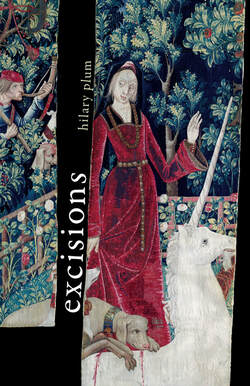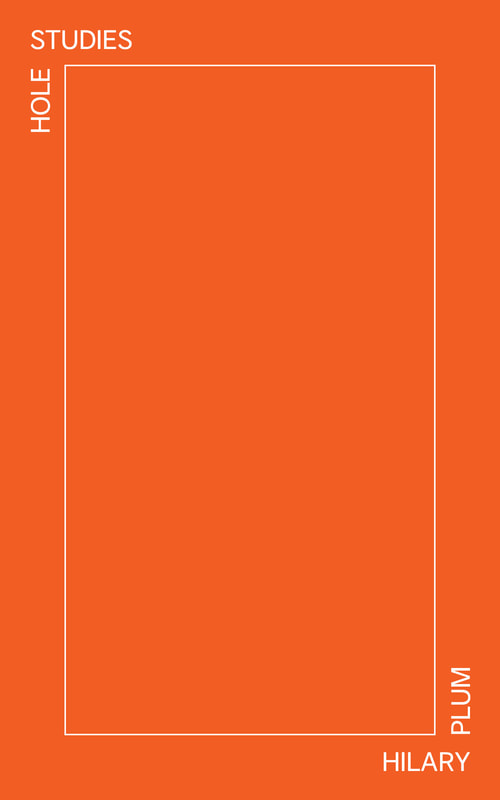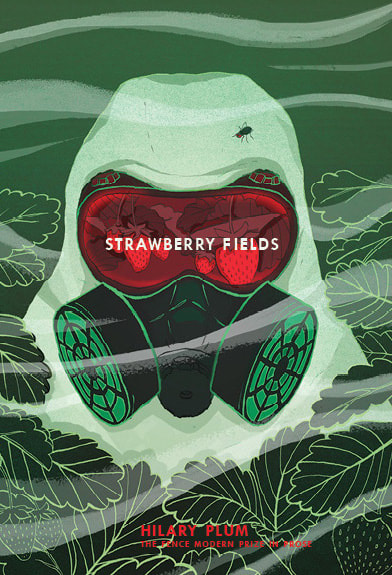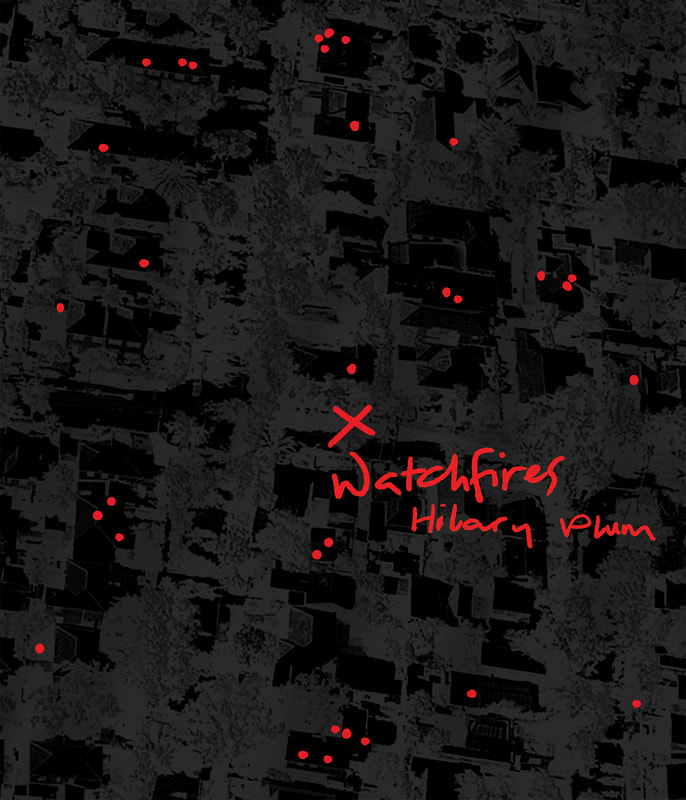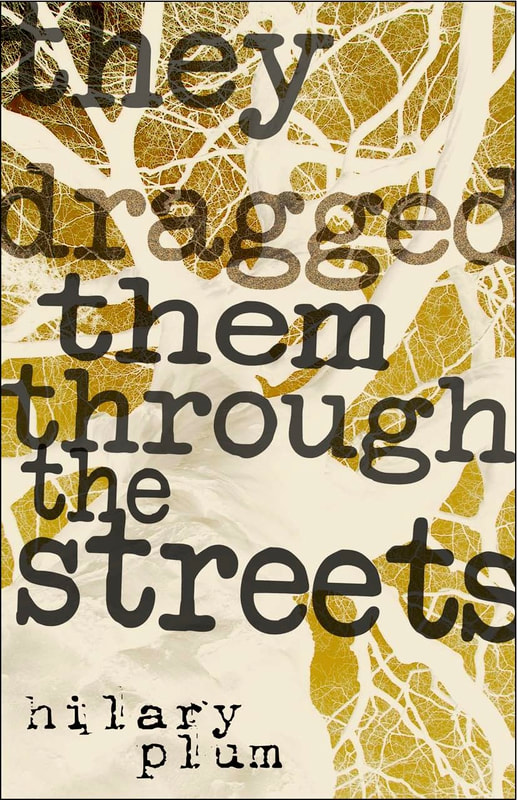EXCISIONS
poetry (Black Lawrence Press, 2023)
HOLE STUDIES
essays (Fonograf Editions, 2022)
STRAWBERRY FIELDS
novel, winner of the Fence Modern Prize in Prose (Fence Books, 2018)
WATCHFIRES
essay, winner of the 2018 GLCA New Writers Award for Creative Nonfiction (Rescue Press, 2016)
THEY DRAGGED THEM THROUGH THE STREETS
novel (FC2, 2013)
